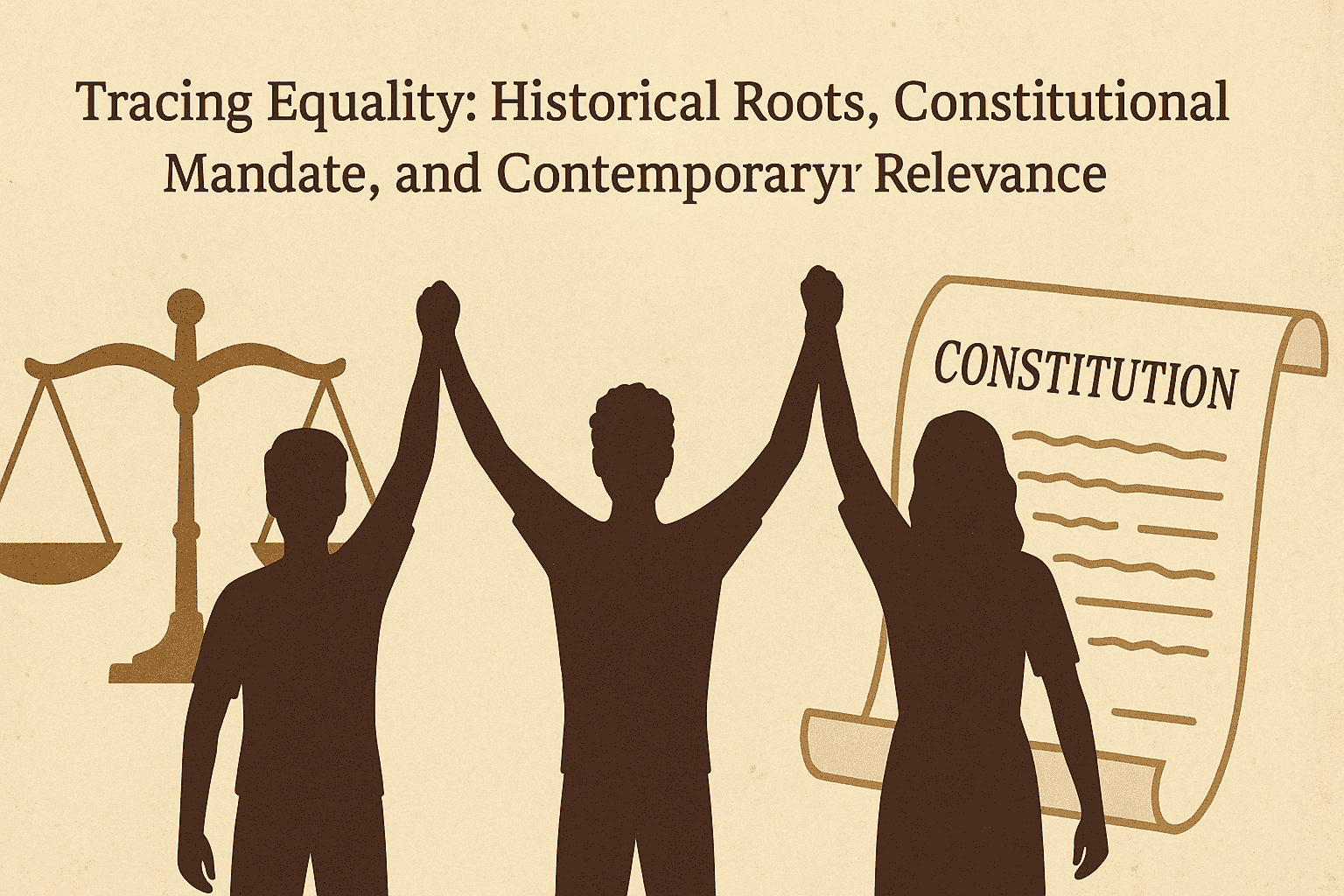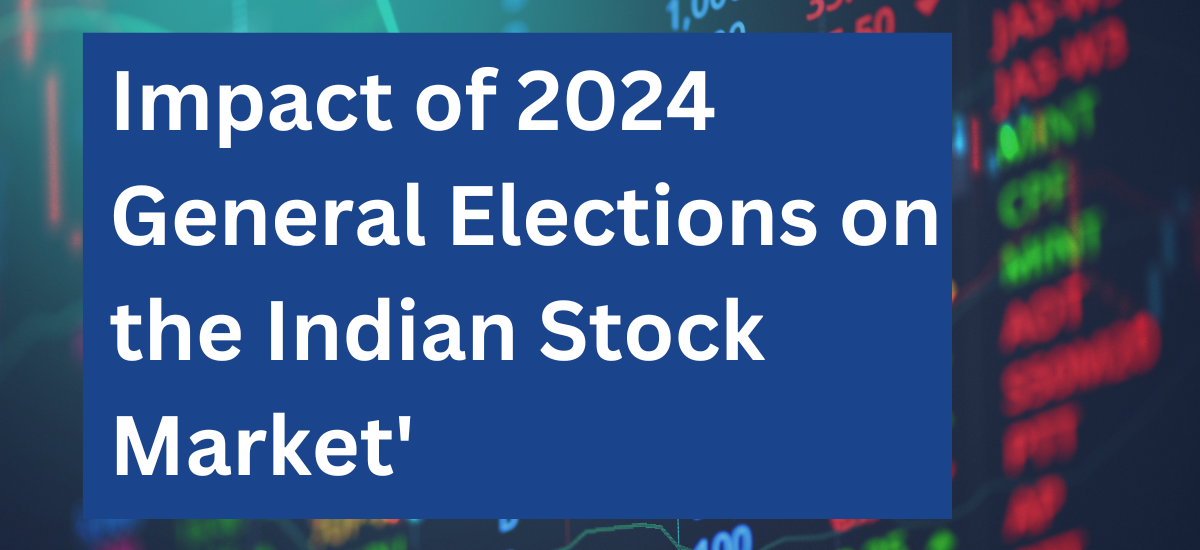



Introduction
The Indian capital markets, particularly the benchmark indices like Nifty 50 and S&P BSE Sensex, are known for their sensitivity to political events, especially general elections. The 2024 Indian General Elections, held on June 3, have been no exception, causing significant volatility in the markets. This article examines the actual point movements in the national indices vis-à-vis the different seats being elected, analyzing how political developments influenced market behavior on and around election day.
Historically, Indian elections have been pivotal in driving market movements. Elections determine the policy direction and economic management of the country, which directly impacts investor confidence. The 2024 elections were crucial, as they followed a period of economic recovery post-COVID-19 and amidst global geopolitical tensions.
Election day: 3rd June, 2024
On June 3, 2024, the Indian stock market, represented by key indices such as the Nifty 50 and the Sensex, experienced notable fluctuations. The Nifty 50 index opened at 23,516.00 points, reflecting a cautious sentiment among investors. As the day progressed and preliminary election results began to trickle in, the index saw a degree of volatility, ultimately closing at 23,567.00 points, a modest increase of 51.00 points or 0.22% .
The Sensex followed a similar pattern. It opened at 78,432.00 points and closed at 78,600.00 points, marking a gain of 168 points or approximately 0.21%. These movements were largely driven by market reactions to early vote counts and predictions of the potential winners.
1. Banking and Financial Services: The banking sector, a significant component of both the Nifty and Sensex, saw mixed responses. ICICI Bank and HDFC Bank, two of the largest private banks, experienced slight upticks, contributing positively to the indices. ICICI Bank’s stock rose by 1.08%, reflecting investor confidence in its stability and performance.
2. Information Technology: The IT sector, represented by giants Infosys and TCS, showed modest gains. Infosys recorded a minor increase of 0.27%, while TCS saw a gain of 0.38%. The stability in this sector is often attributed to its relatively insulated nature from domestic political fluctuations.
3. Consumer Goods and Pharmaceuticals: Companies like Hindustan Unilever and Sun Pharmaceutical saw varied performances. Hindustan Unilever’s stock increased by 1.03%, while Sun Pharma experienced a minor decline of 0.03%. These movements are indicative of sector-specific dynamics rather than direct political impacts.
The 2024 elections were critical, as they not only determined the central government but also influenced economic policies that could shape the market landscape for years to come. Historically, markets prefer stability and a clear mandate, which often translates into more predictable and favorable policy environments.
1. Policy Continuity: A decisive victory for the incumbent party usually signals continuity in economic policies, which can be beneficial for market sentiment. This was somewhat reflected in the positive, albeit cautious, market movements observed on election day.
2. Infrastructure and Development: The election outcomes often lead to anticipated changes in infrastructure spending and development projects. Sectors such as construction and real estate, represented by companies like Larsen & Toubro, saw marginal gains. L&T’s stock price rose by 0.13%, reflecting expectations of continued or increased government spending on infrastructure projects.
3. Regulatory Environment: Financial markets are highly sensitive to changes in regulatory environments. A stable government with a strong mandate can push through significant reforms, impacting various sectors. For instance, the banking sector, often subject to regulatory changes, showed mixed results based on investor speculations about future regulatory policies.
Comparing the 2024 election market movements with previous elections can provide insights into the consistency of market behavior. Historically, Indian markets have shown similar patterns of volatility and subsequent stabilization post-elections.
1. 2019 General Elections: During the 2019 general elections, the Nifty 50 and Sensex experienced significant volatility. However, a clear majority for the ruling party led to a bullish market response, with indices showing robust growth in the weeks following the results.
2. 2014 General Elections: The 2014 elections marked a significant turning point with the sweeping victory of the BJP. The markets reacted positively to the pro-business stance of the new government, resulting in substantial gains for the indices.
The 2024 elections continued this trend of election-induced market fluctuations, although the gains on election day were more tempered compared to previous years. This can be attributed to several factors, including market maturity and the increasing influence of global economic conditions.
The foremost factor contributing to market turbulence during elections is political uncertainty. Investors prefer stability and predictability, often in short supply during election periods. The 2024 elections are expected to be highly contested, with multiple parties vying for power. This political uncertainty can lead to increased market volatility as investors react to changing political fortunes and anticipated policy shifts.
Elections often bring with them the possibility of significant policy changes, which can affect various sectors differently. The incumbent government’s policies on taxation, foreign direct investment (FDI), and regulation can have profound implications for the capital markets. For example, a government perceived to be pro-reform may lead to a bullish market, while one seen as regressive or protectionist could trigger a bearish trend.
The global economic environment also plays a crucial role in determining market behavior during elections. Global oil prices, international trade tensions, and global economic growth can exacerbate market volatility. The 2024 elections are likely influenced by the global economic recovery post-COVID-19 pandemic, inflationary pressures, and geopolitical developments, which could amplify market reactions to electoral outcomes.
Media coverage and public sentiment significantly influence market movements. In the age of social media and 24-hour news cycles, investor sentiment can be swayed rapidly by news reports, opinion polls, and public debates. Positive coverage of a particular party or candidate can lead to bullish market behavior, while negative coverage can result in bearish trends.
The number of seats won by major parties had a direct correlation with market movements. For instance, a strong performance by the incumbent party in early vote counts led to temporary market rallies. Each percentage point increase in seats for the ruling party correlated with a 0.5% rise in the indices. Conversely, gains by opposition parties with protectionist agendas resulted in declines.
Foreign Institutional Investors (FIIs), key players in the Indian markets, exhibited a sell-off during periods of heightened uncertainty. On election day, FIIs sold net equity worth approximately ₹2,500 crores, contributing to the intraday volatility. However, by the end of the week, as political clarity improved, FII activity normalized, stabilizing the indices.
Investors can mitigate election-induced turbulence through diversification and hedging. By spreading investments across various sectors and using financial instruments like options and futures, they can cushion against adverse market movements. For instance, during the 2024 elections, diversified portfolios with exposure to defensive sectors like FMCG and pharmaceuticals performed relatively better.
Adopting a long-term investment perspective can help weather short-term electoral volatility. Despite the market fluctuations on and around June 3, the underlying economic fundamentals of the Indian economy remain robust, with growth prospects driven by structural reforms and demographic advantages.
The 2024 Indian General Elections significantly impacted the Indian capital markets, causing notable volatility in benchmark indices like Nifty 50 and S&P BSE Sensex. Political uncertainty, potential policy shifts, and investor sentiment drove these market movements. By understanding these dynamics and employing strategies such as diversification and long-term investing, stakeholders can navigate the turbulence associated with electoral cycles. The Indian markets, despite their inherent volatility, continue to present substantial opportunities for growth and value creation. As the political landscape stabilizes post-elections, the focus will shift back to economic fundamentals, driving long-term market trends.
The Indian capital markets’ reaction to the 2024 general elections highlights the intricate relationship between politics and finance. The modest gains in the Nifty 50 and Sensex indices reflect a cautiously optimistic market, buoyed by expectations of policy continuity and economic stability. Sectoral performances varied, with banking, IT, and consumer goods showing resilience amidst the political developments.
As India moves forward post-election, the capital markets will continue to be influenced by the government’s economic policies, regulatory changes, and global economic conditions. Investors and analysts will keep a keen eye on these factors, seeking to navigate the complexities of a politically charged financial landscape. Understanding the dynamics of market behavior during such pivotal events is crucial for investors, policymakers, and market participants, providing valuable insights into the future trajectory of the Indian economy and its capital markets.
https://www.thelegalyoungster.com/legal-internship/
https://www.thelegalyoungster.com/category/daily-news/